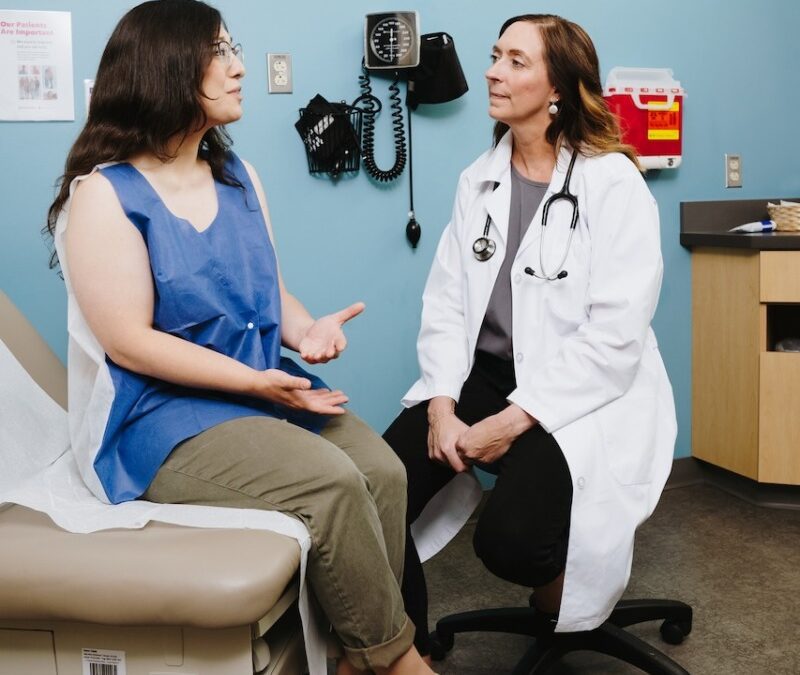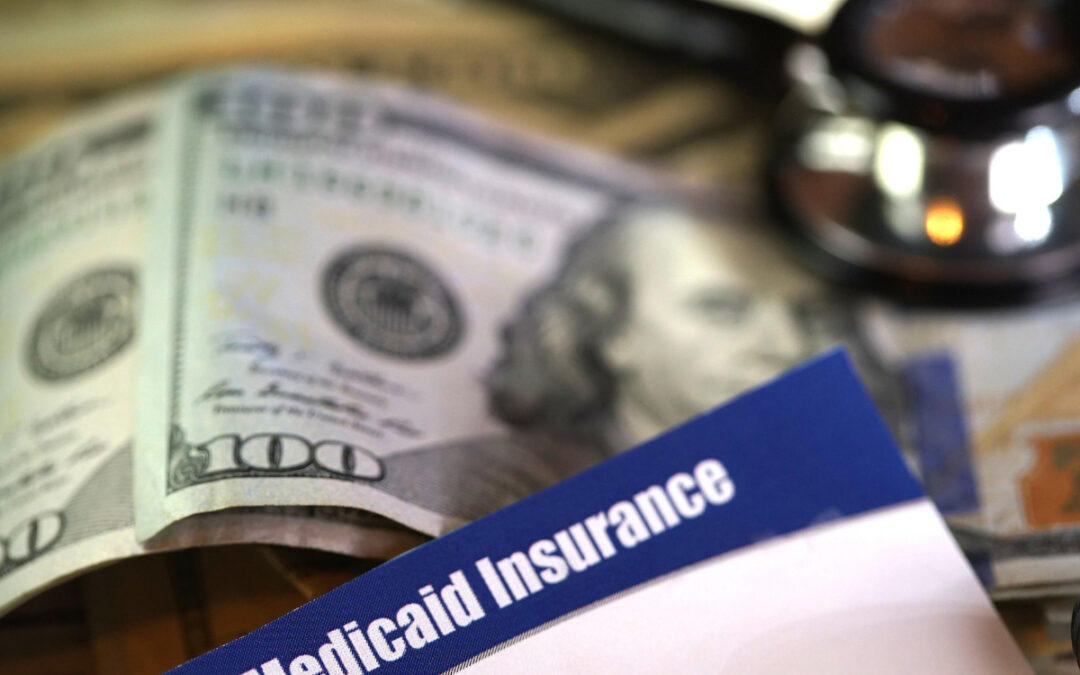
Susan Crawford and Brad Schimel are running for a 10-year term on the Wisconsin Supreme Court on April 1, 2025. Photo courtesy Shutterstock
Wisconsin voters will head to the polls on April 1 to fill an open seat on the state’s Supreme Court. Whoever wins will be the make-or-break vote on a statewide 1849 abortion ban.
“This election is going to be on April 1st—no fooling,” Judge Susan Crawford told a group of supporters as she traveled to La Crosse, Black River Falls, and Eau Claire on a recent Saturday.
“There’s a lot at stake,” Crawford explained. “It’s going to make a difference for the future of our state.”
At a time when everything seems to have high stakes, it can be hard to take the phrase seriously. But the April 1 Supreme Court election in Wisconsin could be dropped into any Hollywood political thriller. That’s because the state’s highest court will soon hear two cases that will decide the fate of reproductive freedom for Badger State residents—but first, those residents must choose a new justice to be the court’s deciding vote.
Crawford, a progressive justice with a history of upholding fundamental rights in Wisconsin, is one of two candidates running for the seat. She told the crowd over the weekend that the election will affect everyone’s personal rights and freedoms.
“We’re going to be asking Wisconsinites to decide, ‘What kind of justice do you want on the Wisconsin Supreme Court?’” she said. “Do you want to have somebody who believes in common sense, knows right from wrong, who has a history of standing up and protecting the rights and freedoms of all Wisconsinites?”
Crawford’s opponent is conservative judge Brad Schimel, who has argued in favor of the state’s 1849 abortion ban, which has no exceptions for rape or incest. Whoever wins the April 1 election will tip the balance of ideological power on the court—and it’ll stay that way for the foreseeable future.

Judge Susan Crawford greets people at an event in Eau Claire. Photo by UNN/Salina Heller
Abortion rights are on the line
Right now, abortion is safe and legal in Wisconsin up to 22 weeks post-gestation. But along with hot-button issues related to congressional maps and union rights, reproductive rights are on the line in the state Supreme Court race.
Back in 2022, the US Supreme Court’s Dobbs v. Jackson Women’s Health Organization decision overturned Roe v. Wade. The court’s conservative justices ruled that the US Constitution does not protect the right to abortion, nearly 50 years after the court said the Constitution did.
“It’s because the US Supreme Court had a change in personnel—they got enough extreme conservative Supreme Court justices on the court to overturn a longstanding, 50-year-old precedent that gave recognized constitutional rights to women—and that was stripped away,” Crawford said.
“What that Dobbs decision means is that my 23-year-old daughter doesn’t have the same constitutional rights that I had as a 23-year-old,” Crawford said.
Since Dobbs, the legality of abortion has been left up to the government of each state to decide. The ruling also jump-started very old laws that were superseded by Roe, since they were the most recent ruling before Roe was decided in 1972. That’s how a Wisconsin abortion ban from 1849 was reactivated. It was quickly ruled as arcane by another judge, and a 22-week ban was put in place.
“Now we see all of this litigation coming through our states’ courts, trying to have the courts decide when women can and can’t make those kinds of fundamental decisions about their own bodies and families—that’s just where we are,” Crawford said.
Some of that litigation has made its way to the state Supreme Court. One of the lawsuits challenges the pre-Civil War abortion ban; the other is a broader case that asks the court to rule on whether or not the state’s constitution itself already protects abortion rights.
But before the court can rule on either case, voters must decide which candidate should fill the seat of a retiring justice. The remaining justices are split down the ideological middle—three are progressive, and three are conservative. That means whoever is elected on April 1 will tip the balance of the court.
Crawford has long upheld reproductive rights in Wisconsin. But she says Brad Schimel has supported the old 1849 abortion ban with no exceptions for things like sexual assaults or the health of the mother.
“He doesn’t think anything’s wrong with it,” Crawford said. “He also doesn’t think there’s any right for women to make their own healthcare decisions. That’s Brad Schimel.”
To find out where to vote in the April election visit https://myvote.wi.gov/en-us/.
Support Our Cause
Thank you for taking the time to read our work. Before you go, we hope you'll consider supporting our values-driven journalism, which has always strived to make clear what's really at stake for Wisconsinites and our future.
Since day one, our goal here at UpNorthNews has always been to empower people across the state with fact-based news and information. We believe that when people are armed with knowledge about what's happening in their local, state, and federal governments—including who is working on their behalf and who is actively trying to block efforts aimed at improving the daily lives of Wisconsin families—they will be inspired to become civically engaged.


Billionaires get richer while Wisconsinites lose access to health care with ‘Beautiful Bill’
The US Senate will examine the Trump budget bill this week. It includes the largest cut to Medicaid in the program's history. It also blocks...

More ways to get birth control in Wisconsin? Sign us up.
The State Assembly has approved a plan to allow pharmacists to prescribe birth control pills and patches. There could soon be another way for women...

Wisconsin Republicans and Democrats agree on postpartum Medicaid coverage—but the Speaker doesn’t
The Wisconsin Senate passed a bill this week with overwhelming support from both sides of the aisle to expand Medicaid coverage for new moms for a...

Opinion: Pentagon contractors don’t save lives or money – Medicaid does. Don’t cut it.
Cutting life-saving services to further enrich billionaires and Pentagon contractors is the worst possible option. This op-ed was first published on...





